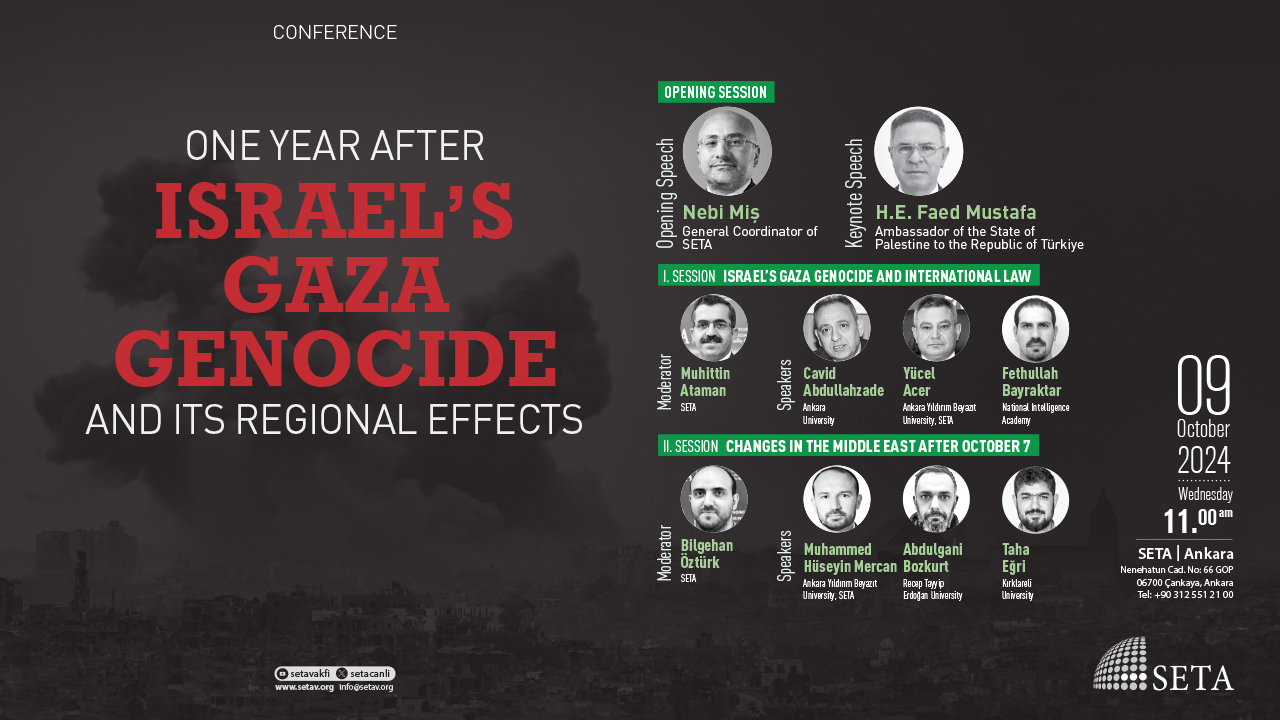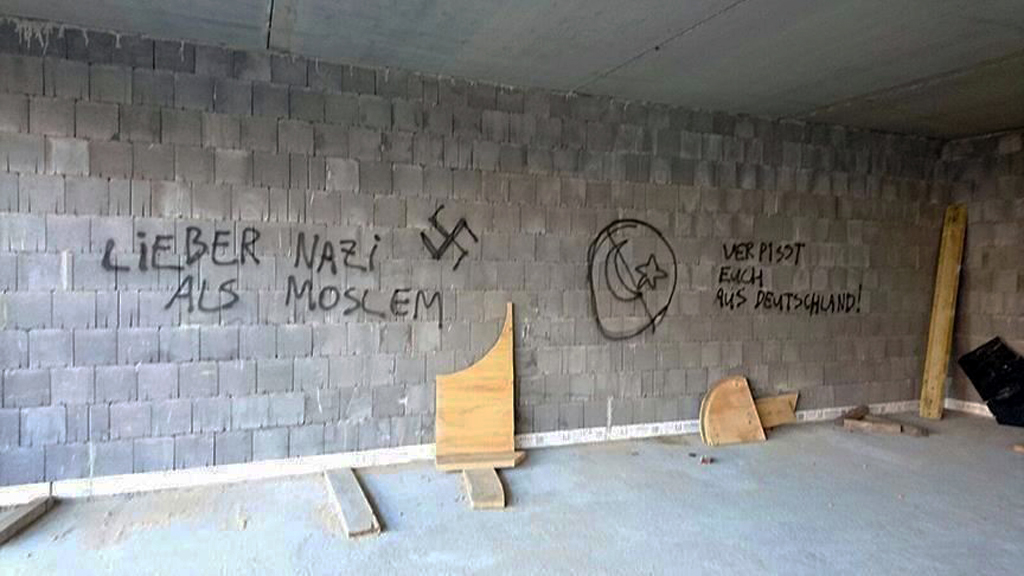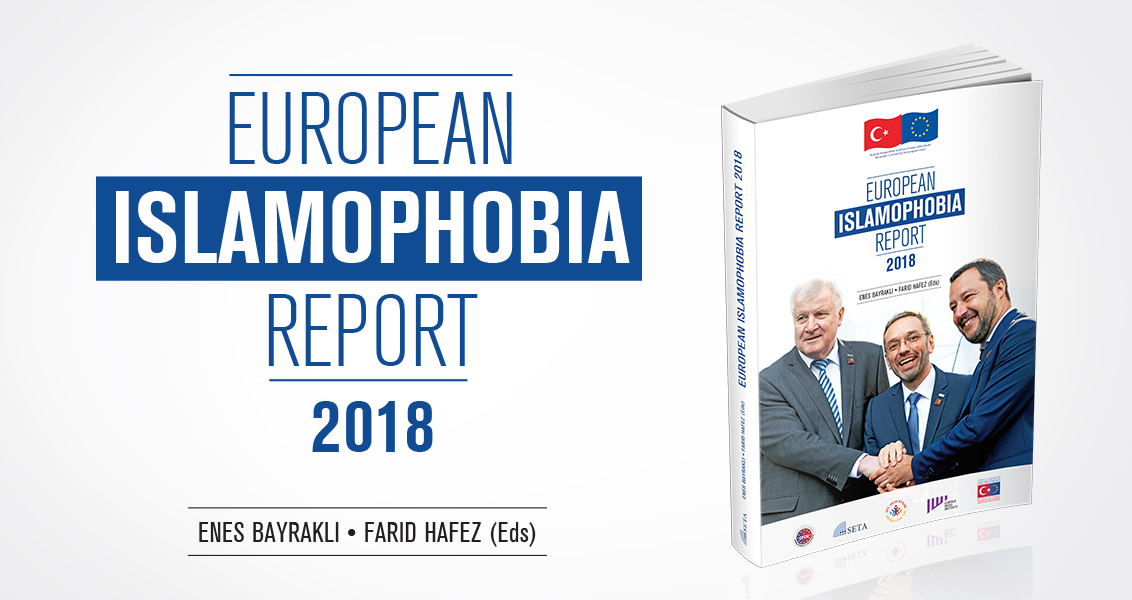The debate over the headscarf issue is increasingly becoming a debate about who defines modernity in Turkey. The traditional vanguards of modernity are claiming to own modernity in a way that leaves practically no space for those they define as the "other," which in the language of militant Turkish secularism turns into "enemies of the republic," "backward-looking dogma obsessed people," "religious fanatics," "ethnic nationalists," etc.
The problem is based on a deep philosophical dilemma: The modernist secularists define modernity as a mode of being free from all traditional and religious meanings and tropes. They do not consider "individual choice" as part of the ethos of modernity. Rather, they define what people should choose. To be modern is defined as following specific rules, symbols, slogans, politics and cultural codes, all of which are defined by the secularist establishment.
Anyone who knows a little bit about the spirit of modernity would laugh at this argument. But there it is, put forward as an argument to defend and support a secular, modern Turkish republic. The reason why the argument is so weak is that individual choice itself is the foundational principle of modernity. Going back to Kant, Hegel, Weber and others, choice itself, not its content, is the building block of the modern spirit.
I have my own reservations about this choice-based definition of modernity. But at the end of the day, agency is possible only through choice, i.e., the free choice of the individual. A civic and democratic society can be sustained only through free agents who have responsibility. Defining choices for others is not freedom or being modern but dictating your beliefs, which amounts to tyranny, not democracy.
The militant Turkish secularists who oppose the headscarf claim to do so in the name of modernity. This is where all logic collapses. If modernity is based on free choice, then an individual's choice cannot be contested as long as it does not violate the fundamental principles of ethics and the rights of others. The "public order" is a factor of limitation but it cannot be defined according to the ideological beliefs of elites or the unfounded security concerns of the state. As a safety valve for all, public order must guarantee the rights of individuals.
Those who support the headscarf ban cite three main arguments: foundations of the republic, modernity and secularism. None of this is new and goes back to the last few decades of the Ottoman Empire and the beginnings of the republic. The noted Turkish scholar Şerif Mardin has analyzed the contours of this debate in many of his works. Most recently, his "Religion, Society, and Modernity in Turkey" (Syracuse, NY: Syracuse University Press, 2006), a collection of essays he has written over the last 40 years, takes up the issues of patrimonialism and the center-periphery relations. As Mardin shows, the top-down, Jacobian model of Turkish modernization had always collided with the moderate and conservative modernity of the ordinary Turkish people. This has created a deep tension between the elites and the people. That is why the headscarf debate is also a debate about class and status.
For Mardin, the top-down analyses of Turkish modernization are marred by their simplistic binaries of religion versus secularism (or rather "laicism," which works better in the Turkish context), tradition versus modernity, empire versus nation, reason versus science, progressive enlightenment versus dogmatism, etc. Mardin sees this reductionism as an essential function of the Kamalist ideology of nation building in the early decades of the 20th century. But he also links it to the "recent attempts to define a Turkish authenticity" (p. 135) as a replay of secular nationalism and radical scientism a la Comte. Replacing Muslim communitarianism with a secular nation-state identity, the founders of the modern Turkish Republic had hoped to change the "superstructure" of Turkish society (p. 203) and create a new "central value system" (p. 230).
<







